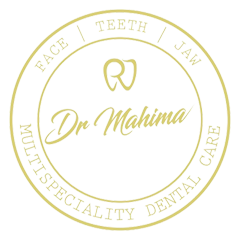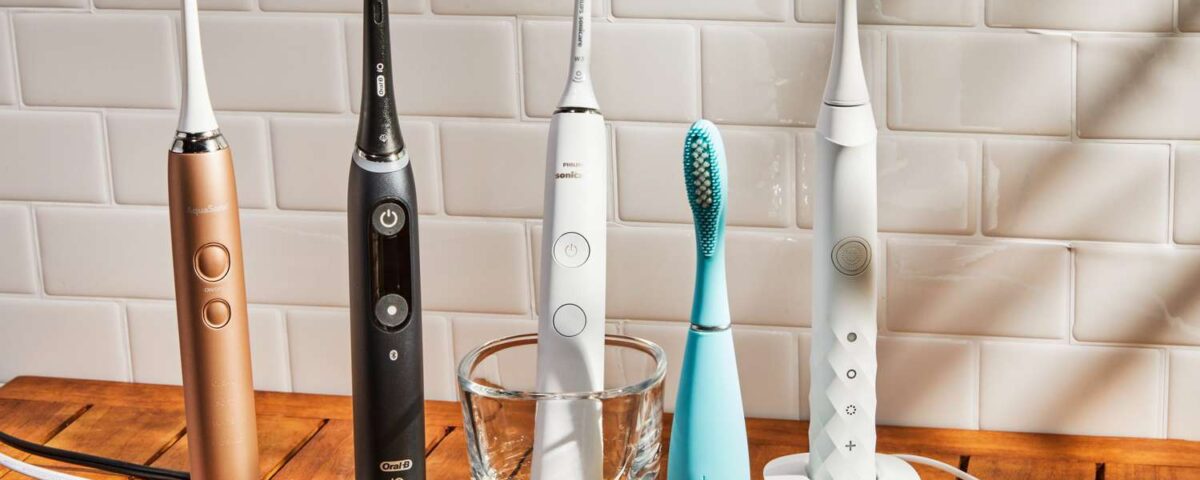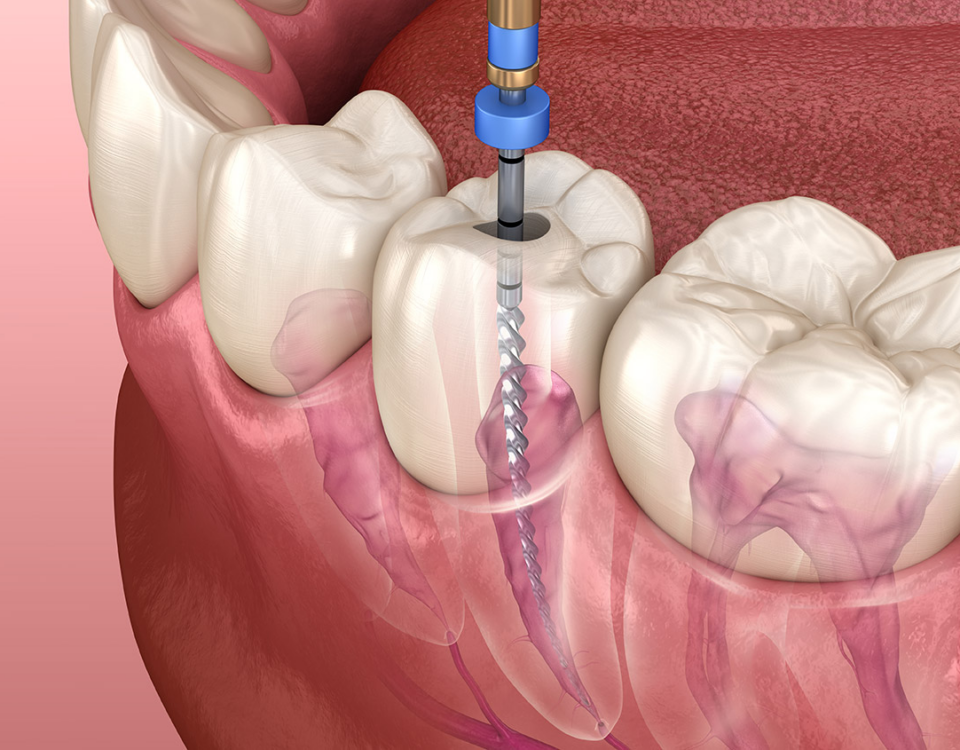Electric Toothbrush: Benefits, Advantages, and Disadvantages

Can Root Canals Really Be Painless? Discover the Truth!
December 30, 2024An electric toothbrush is a modern oral hygiene tool designed to make brushing more effective and convenient. While traditional toothbrushes have served us well for decades, electric versions bring advanced technology to daily dental care routines. The benefits of electric toothbrush include improved plaque removal and better brushing consistency. Advantages of electric toothbrush also extend to features like timers, pressure sensors, and different brushing modes. However, as with any innovation, there are disadvantages of electric toothbrush, such as their higher cost and the need for charging. Additionally, some people may experience electric toothbrush side effects, such as gum sensitivity or discomfort. This blog will explore these aspects in detail, helping you decide whether an electric toothbrush is right for you.
Benefits of Electric Toothbrush
- Superior Cleaning Efficiency
One of the primary benefits of an electric toothbrush is its ability to clean teeth more thoroughly than manual toothbrushes. With oscillating, vibrating, or sonic movements, electric toothbrush can reach areas that are often missed with manual brushing. They help remove plaque more effectively, reducing the risk of cavities and gum diseases, which is another key benefit of an electric toothbrush. - Ease of Use
Electric toothbrush are particularly useful for people who struggle with manual dexterity, such as children, elderly individuals, or those with disabilities. The automated brushing motion minimizes the effort required, ensuring consistent cleaning without much physical strain. One of the key benefits of electric toothbrush is that they provide a more thorough clean compared to manual brushing, offering improved plaque removal and better gum health. - Built-In Timers
Many electric toothbrush include timers to ensure you brush for the dentist-recommended two minutes. This encourages better brushing habits and ensures every tooth gets the attention it deserves, highlighting the benefits of electric toothbrush in promoting effective oral hygiene. - Customizable Settings
Advanced models often offer settings tailored to specific needs, such as sensitive teeth, gum care, or whitening. This versatility is one of the unique benefits of an electric toothbrush, making it suitable for various oral health requirements.
Advantages of Electric Toothbrush
- Reduces Risk of Over-Brushing
Manual brushing often leads to excessive pressure on teeth and gums, potentially causing enamel erosion and gum recession. The advantages of electric toothbrush include their design to apply consistent pressure, with some models even featuring pressure sensors to prevent over-brushing. - Fun and Engaging for Kids
Getting children to brush their teeth can be a challenge. The advanced technology and fun designs of electric toothbrush make brushing more engaging for kids, encouraging them to maintain a regular oral hygiene routine. One of the advantages of electric toothbrush is that they often make brushing more effective, as they provide consistent motion and pressure that can help clean teeth more thoroughly than manual brushing. - Improved Gum Health
Electric toothbrush can gently massage the gums, improving circulation and reducing the likelihood of gingivitis. One of the key advantages of electric toothbrush is their ability to clean along the gumline, contributing to overall gum health, a critical aspect of oral hygiene. - Environmentally Friendly Options
Some electric toothbrush come with replaceable heads, reducing waste compared to disposable manual brushes. Over time, this makes them a more sustainable choice, highlighting one of the key advantages of electric toothbrush. - Helpful for Orthodontic Patients
For those with braces or other orthodontic appliances, the advantages of electric toothbrush are evident. The small, powerful bristles can effectively clean around brackets and wires, ensuring better oral health during orthodontic treatment. One of the key advantages of electric toothbrush is its ability to provide a more consistent and efficient cleaning experience, making it easier to maintain oral hygiene with braces.
Disadvantages of Electric Toothbrush
- Higher Initial Cost
A significant drawback of electric toothbrush is their price. They are more expensive than manual toothbrush, and replacing brush heads adds to the ongoing cost. This can make them less accessible for individuals on a tight budget. These factors contribute to the disadvantages of electric toothbrush, making them a less attractive option for some consumers. - Charging and Battery Requirements
Unlike manual toothbrushes, electric ones require charging or batteries to function. This can be inconvenient, especially for frequent travelers or those who forget to recharge devices regularly. One of the disadvantages of electric toothbrush is the need for regular charging, which can be a hassle for people on the go. - Potential Fragility
Electric toothbrushes are more delicate than manual brushes. Dropping them or exposing them to water may damage the motor or electronic components, leading to costly repairs or replacements. One of the disadvantages of electric toothbrush is that they can be more prone to malfunctioning due to their sensitive parts, making them less durable in certain situations. - Adjustment Period
For first-time users, adapting to the vibrations and movements of an electric toothbrush can be uncomfortable. Some people may find the sensation unpleasant or even irritating during the initial usage. This is one of the disadvantages of electric toothbrush, as it can take some time for users to get used to the feel and pressure required for effective brushing. - Not Universally Suitable
While the advantages of an electric toothbrush are numerous, it might not suit everyone. Individuals with very sensitive gums or teeth may find even the gentlest settings too harsh. This is one of the potential disadvantages of electric toothbrush. Consulting a dentist before switching to an electric toothbrush is recommended.
Electric Toothbrush Side Effects
Although the benefits of an electric toothbrush are impressive, it’s essential to be aware of potential side effects:
- Gum Sensitivity
Using an electric toothbrush with excessive pressure or for longer than necessary can irritate the gums, causing sensitivity or mild inflammation. These Electric Toothbrush Side Effects can be avoided by using the device as instructed and choosing the right settings for your oral health needs. - Enamel Damage
While electric toothbrushes are designed to prevent over-brushing, improper usage can still lead to enamel erosion. This side effect is more likely if a user applies too much pressure or uses a worn-out brush head. Being aware of potential electric toothbrush side effects can help avoid damage to your teeth and gums. - Discomfort for Some Users
The vibrations and sounds of an electric toothbrush can feel uncomfortable for certain individuals, especially those with sensory sensitivities. This may discourage regular usage and could potentially lead to some Electric Toothbrush Side Effects, such as gum irritation or a heightened sense of discomfort. - Battery Waste
For models that use disposable batteries, improper disposal can contribute to environmental waste. Opting for rechargeable models can mitigate this concern. Additionally, while electric toothbrush use is generally safe, some users may experience mild Electric Toothbrush Side Effects, such as gum irritation or sensitivity, especially if the brushing technique is too harsh.
Tips for Choosing and Using an Electric Toothbrush
- Assess Your Needs: Consider whether the benefits of an electric toothbrush outweigh the cost and potential downsides for you. If you have specific oral health concerns, consult a dentist for recommendations.
- Pick the Right Features: Look for features like pressure sensors, multiple brushing modes, and long-lasting battery life. These can enhance the brushing experience and ensure better results.
- Replace Brush Heads Regularly: To maintain effectiveness and avoid side effects like gum irritation, replace the brush head every three months or sooner if the bristles show signs of wear.
- Travel-Friendly Models: If you’re frequently on the go, choose a model with a travel case or long battery life.
Final Thoughts
If you’re looking to enhance your oral hygiene routine, an electric toothbrush is an excellent option. It offers many benefits of electric toothbrushes, such as better plaque removal and improved gum health. The advantages of electric toothbrushes include efficiency, convenience, and consistent brushing pressure, which manual brushing often lacks. However, it’s also important to consider the disadvantages of an electric toothbrush, like higher costs and the need for charging or battery replacement. Additionally, improper use may lead to electric toothbrush side effects, such as gum irritation or sensitivity. For those ready to invest in better oral health, the efficiency and convenience of an electric toothbrush make it a worthwhile choice. With proper care, it can greatly improve your dental hygiene and give you a brighter smile. If you need more information, you can visit a Dental Hospital in Udaipur to get expert advice.


